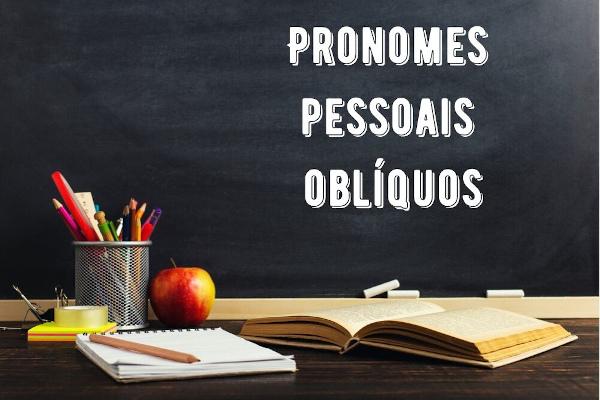You pronouns treatment are considered, by most grammarians and linguists, a specific case of personal pronouns. By our culture, we take into account the context and type of relationship that we have with the person we address or that we quote in our statement. We consider intimacy, familiarity, formality, level of hierarchy, among other factors that define how the dialogue should be.
The use of treatment pronouns

all type of pronoun (personal, possessive, demonstrative, Undefined etc.) follows grammatical rules established in the standard Portuguese language that guide its use. In the case of treatment pronouns, some rules must be taken into account:
- Treatment pronouns usually take into account the titles or qualities of the people we address or speak about, such as age, position held etc.,
- In most treatment pronouns, inflection is used in the feminine, as in VossThe Your Highness, YoursThe YoursThe Eminence. Note that the term “Yours” agrees with the following title.
Do not stop now... There's more after the advertising ;)
The term "Yours" is used when speaking directly with the person, when he is the interlocutor, therefore, in the 2nd person. The term "Yours" when speaking gives person, when it is the subject, therefore, in the 3rd person. Concerning flexion verbal, in both cases, it will always be done in the 3rd person. See the examples below:
- yours Excellence decided the measure to be taken?
- Your Excellence, the president, decided the measure to be taken.
- yours Holinessé a man of great faith.
- Your Holiness, the pope, é a man of great faith.
- YouYou know which have for lunch?
Read more: Verbal and nominal agreement: rules and exceptions
Main treatment pronouns and abbreviations
Now that you know how to use treatment pronouns, let's see what the main ones are and their respective abbreviations in the table below:
PRONOUN |
ABBREVIATION |
DESTINED TO |
Mr Mrs |
Mr./Ms. |
people with whom there is more respectful distance |
You |
V. |
people with whom there is intimacy |
Your Highness |
GO. |
princes/princesses, dukes |
Your Eminence |
Your Honor |
cardinals |
Your Honor |
Your Excellency |
President of the Republic, ministers, high military ranks, bishops, archbishops |
Your Magnificence |
Your Honor |
university deans |
Your Majesty |
V.M. |
kings/queens, emperors |
your mercy |
V.M.you |
ceremonial treatment people |
Your Omnipotence |
*does not be abbreviated |
God |
Your Most Reverend |
V.Rev.bad |
priests |
Your Holiness |
V.S. |
popes |
your lordship |
Your Honor |
officers up to colonel, senior officials, people of ceremonies |
Curiosity: the treatment pronoun you
In most regions of Brazil, the phenomenon of straight pronoun replacement you by the treatment pronoun you, leading the 2nd person verbal conjugation to fall into disuse, since you, like most singular treatment pronouns, requires 3rd person conjugation. Thus, you was replaced by you, While you was replaced by you, in some variants of the Portuguese language of Brazil.
However, it is worth remembering that you it's a reduced version of the treatment pronoun “Vossa Merce”. From the 16th century onwards, there began to be widespread use of the form “Your Mercy” by the population that did not belong to the aristocracy, which contributed to variations such as “Vosmecê”, formerly popular in Brazil, and which would culminate in the reduction “you”, currently used in parents. In even more informal contexts, other reductions appear: “you” and “you”.
your mercy → you → You → you/you
Read more: Particularities of personal pronouns - criteria that demarcate their use
solved exercises
question 1 (FGV-2018) List the treatment pronouns, listed below, to their respective positions.
1. Your Honor
2. Your Magnificence
3. your lordship
4. Your Most Reverend
5. Your Holiness
( ) Pope
( ) Admiral
( ) Colonel
( ) Dean
( ) Canon
Check the option that shows the correct relationship, in the order presented.
a) 5, 2, 4, 1 and 3.
b) 4, 1, 2, 3 and 5.
c) 5, 3, 2, 1 and 4.
d) 5, 1, 3, 2 and 4.
e) 4, 2, 3, 1 and 5.
Answers
1 – Alternative d), Your Holiness refers to the Pope, Your Excellency to admirals, Your Lordship to colonels, Your Magnificence to rectors and Your Most Reverend to canons.
By Guilherme Viana
grammar teacher

